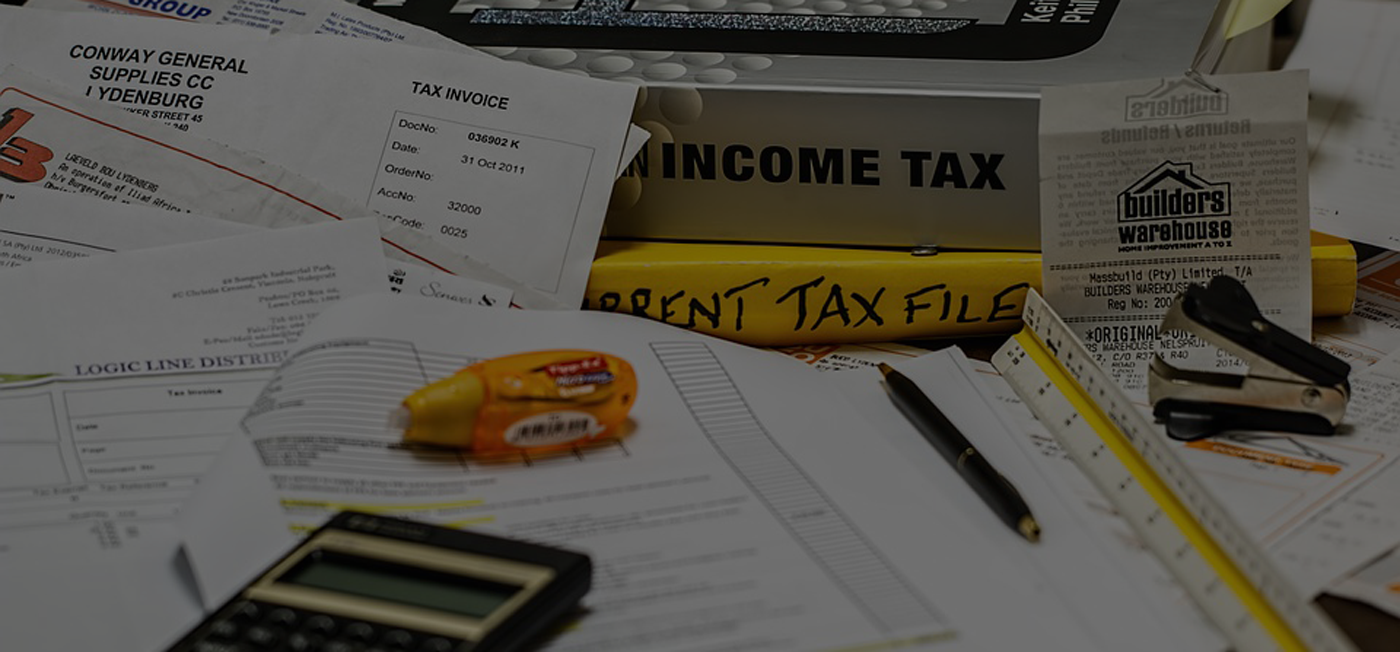An organization undergoes an audit to maintain a regulatory check on the way it works. Audits usually take place when the regulatory body governing the rules and standard for a particular brand or products feel the needs to cross-check and verify that every aspect of the organization is up-to-date and is working according to the latest standards. This helps the organizations maintain a healthy image in the market with the regulation of improvised, enhanced, and latest product for the consumer need.
If an audit doesn't hold well according to the standards by the regulatory body, it then stands a chance to face staggering consequences such as to be shut down permanently or barred from operating publicly, thereafter. Below are some points that discuss the needs and precautionary steps to maintain and perform an effective internal audit.

Establishing the agenda for the audit process and setting goals
An audit has affirmative results when the intentions behind the auditing process are quite clear, and it works out well when the agenda behind the audit is known. If the main goal for conducting an audit is to check the quality and identify the errors in the operations by the organization, then the result of the audit will have goals that will target the steps to enhance the quality measures of the organization.
Training and retraining the staffs about the basics
Auditing is just like appearing for a tough exam that is mind-scratching and needs a lot of practice. Training your staffs from scratch can help them gain confidence during the real audit, as some auditors tend to focus on the staffs judiciously than focusing on the quality of the products. Giving the staffs an insight into the basic regulated policies can help them a lot in the audit.
Apprehending the revised and updated regulated policies over the old ones
The foremost rule that every auditor keeps in mind is whether the area being audited follows the latest and revised policies administered by the regulatory body. It thus becomes mandatory for every auditing area to follow the latest regulated policies before the auditing takes place. Failing to do so can result in staggering consequences. The best way to apprehend the law is to exercise it regularly, starting from the day the notification is released.
Drafting an effective and updated internal procedure about every operation
An internal audit checks almost every intricate operation that the organization carries out. This means that every organizational department has to have clear written procedures the way the organization works out. The audit will not be effective if the written procedures are outdated and are not clear with the functionalities of the operations towards the organization. For an organization to have well-ordered operations, it is important for the internal auditors to inspect every aspect carefully that contributes to an effective operation mechanism and risk control.
Assessing quality control and risk management of the organization
Among several other factors that are important for the internal auditors to keep in mind while performing the internal auditing, assessing quality control and risk management is the most important factor that can contribute to effective internal auditing. Scrutinizing the internal operations and calculating measures that can lead to a certain risk, should be figured out and ramified before it reaches the external auditing process. Risk management should be an imperative goal for every organization that deals with the front-line customer product.
Following the used and accepted practices as per the new regulations
Using an enhanced and approved methodology of previously carried out internal audits, that granted good results, can be conveniently adapted while performing an audit from the beginning. This can help the organization, get a new look over its performance and what needs to be done effectively to rule out the errors and instances that can be a potential source to any risks. Using the accepted guidelines with the high standards can also help detect and prevent the chances of any small errors erupting in the future.
Effectively implementing GAAP to ensure quality standards and practices
Generally Accepted Accounting Principles establishes comprehensive standards to maintain and govern the accounting firms. If the organization is into accounting and finance practices, adapting to the GAAP standards is crucial to maintain and adhere to the latest policies and regulatory requirements to maintain the accounting guidelines. GAAP guidelines can give useful auditing results and quality standards.
External audits for some organizations depend on the way an internal audit is conducted. If an internal audit goes fine, there is a shorter and limited "to-do" list for the external auditors. External audits, largely, determine the financial statements of the company and are generally conducted by stakeholders of the company. External audits rely on the internal audits when the internal controls of the organization seem to have a strong inspection during the internal audits. Having an effective internal audit also reflects a strong image of the company's internal operations over the stakeholders, which in turn, imparts a positive assertion of the company's stability and future growth.
9 Ways of Unlocking the Power of Employee Engagement: Driving Success and Productivity in the Workplace
Transforming Payments: Introducing FedNow - The Future of Real-Time Transactions
FDA Compliance
Medical Devices
Clinical Research
Audit Webinar
HR Compliance
Banking and Finance
Hospital and Healthcare
Packaging and Labeling
Accounting, Payroll and Taxation
Food and beverages
Software
Miscellaneous
Pharmaceutical